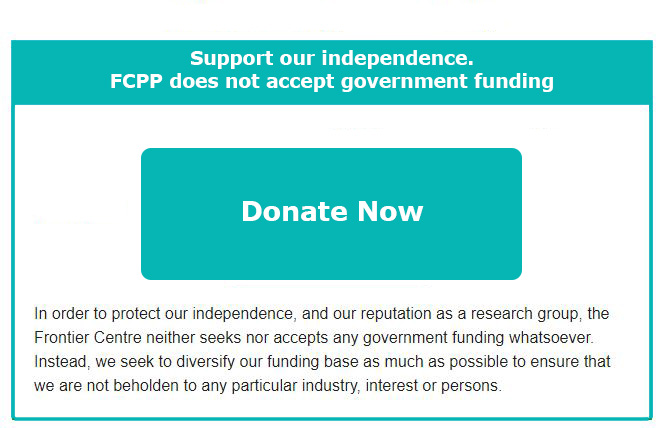Coercion and vandalism have become commonplace tactics to force insurers off mining and oil development projects throughout the world. Ironically, that clears the way for companies with deep pockets and petrostates whose goal is geopolitical supremacy, not environmental preservation.
Aiming to stop the Trans Mountain oil pipeline expansion from Alberta to Canada’s West Coast in February 2021, demonstrators blocked the entrances of insurance companies backing the project. While some insurance companies have resisted, many have buckled under the pressure.
Trans Mountain is one of many projects struggling with insurance. According to a recent report of global advisory Will Towers Watson, the limit of oilsands coverage that UK-based insurers provide has dropped from US$500 million to $200 million in just 18 months.
In the same vein, the number of insurance companies based in North America, Europe, and the Bermudas serving oil companies has halved in the last decade. Reinsurance companies now routinely refuse to cover new coal projects.
The Paris Agreement signed by virtually all countries seeks to achieve carbon neutrality by 2050. By adhering to so-called Environmental, Social, and Governance (ESG) standards, the financial sector has withdrawn credit and insurance to projects in the coal and oil industries.
In Canada, decarbonization has become the national policy to the extent that insurance companies are shunning clients with revenues from fossil fuels.
Without guarantees for natural disasters and other hazards, banks and investors are more reluctant to back those projects. As a result, less capital is available for the sector.
While the industry becomes less lucrative, risks and opportunity costs rise. The picture gets gloomier with steady pressure from demonstrators and negative media coverage.
For instance, in 2017, insurance company AXA labelled oilsands as a carbon-intensive form of energy and announced that climate regulations and societal pressure “could result in significant loss of value.” Insurers that stepped away from Trans Mountain gave similar arguments.
Bermuda-based Argo Group told the Canadian Press that Trans Mountain no longer fit the company’s interests. Axxis Capital, now committed to reaching net-zero emissions, also announced it would no longer insure oil extraction and pipeline projects.
Going against the current, UK-based insurance company Lloyd has announced it has no plans to leave the oil and gas industry in the next decade. As the world’s oldest insurance marketplace, it underwrites around 40 per cent of the global energy market.
As a response, climate activists have placed Lloyd in their crosshairs. In April, a group of protestors called Insurance Rebellion blocked the Lloyd headquarters’ entrance with two cubic meters of black rubble resembling a large pile of coal. Later, in early June, the group set off a stink bomb in front of the firm’s building.
These attacks disregard the fact that some insurers are unable to transition away from fossil fuels as fast as others. They might have legacy contracts or ongoing investments.
Elana Sulakshana, an activist with the Rainforest Action Network, proudly told the CBC that their strategy is successful. “It’s certainly a sign that the pressure on the insurance companies is working,” she said.
Climate activists do not appear to have thought through the consequences of action against insurers. As barriers to entry for these industries increase, large firms and rogue states gain market share.
Big oil companies such as ExxonMobil, Royal Dutch Shell, and Suncor Energy can self-insure their projects. At least in the short run, these companies can continue their projects and get impressive returns in a market with fewer competitors. In the long run, as fossil-fuel consumption declines, they are also better positioned to reinvent themselves. 
Smaller companies are the big losers since they cannot afford to readily transition to renewables or pivot to other industries. Instead, they are more likely to shut down and take their jobs with them.
Moreover, nations with natural resources are providing government insurance and creating trusts for ongoing and new developments. Russia and Saudi Arabia, petrostates not precisely known for their environmental or human-rights standards, do it for geopolitical relevance. China, the world’s largest oil importer, is on the same path as part of its strategy to become less dependent on Western countries.
Rather than eradicating fossil-fuel production and consumption, misguided activism and policies are handing the industry to big, dangerous players. As the winners toast for their increasing market and political power, the international community and society turn a blind eye to the consequences: crony capitalism, environmental and human-rights negligence, and corruption.
Paz Gómez is a research associate with the Frontier Centre for Public Policy.
Photo by Callum Shaw on Unsplash.



